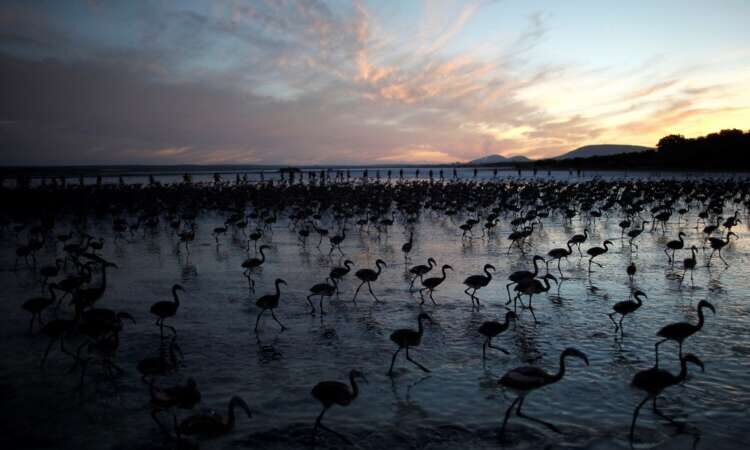
By Kate Abnett
BRUSSELS (Reuters) – European Union countries want to water down parts of the bloc’s flagship nature law by adding loopholes to dodge certain targets, as they attempt to find a deal on the contested proposal, a draft document showed.
The EU’s proposed law would set binding targets for countries to restore damaged natural environments. The aim is to turn around the ailing health of Europe’s natural habitats – 81% of which are classed as in poor health – but it has faced pushback from some EU lawmakers and government leaders including in France, Belgium and Ireland.
A draft negotiating document, seen by Reuters, showed countries plan to weaken proposed targets to revive drained peatlands used in agriculture, and insert a loophole so countries can avoid these targets in certain circumstances.
“The extent of the rewetting of peatland under agricultural use may be reduced to less than required … if such rewetting is likely to have significant negative impacts on infrastructure, buildings, climate adaptation or other public interests,” the document said.
The European Commission originally proposed that countries would have to introduce measures restoring nature on 30% of farmed peatlands by 2030, rising to 50% by 2040 and 70% by 2050. Countries want that weakened to 40% by 2040 and 50% by 2050, the document showed.
Peatlands are water-logged ecosystems like bogs, which can contribute to fighting climate change because of their capacity to store CO2 and reduce climate impacts like floods.
But changes to these habitats are politically fraught in countries including Ireland, where peatlands make up a fifth of the land, and are dried out for fuel and farmed upon.
EU diplomats said Ireland had sought to weaken the peatland targets.
An Irish government spokesperson said the country already had national targets to revive peatlands.
“Ireland supports the ambition of the Nature Restoration Law and is working with colleagues across Europe to ensure appropriate flexibilities that enable implementation,” the spokesperson said.
EU countries and the European Parliament must both approve the nature law. The proposal has also hit resistance in Parliament, where the biggest lawmaker group has called to reject it.
(Reporting by Kate Abnett; Editing by Susan Fenton)





